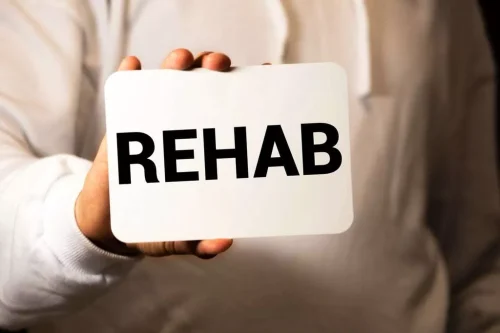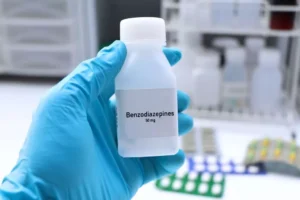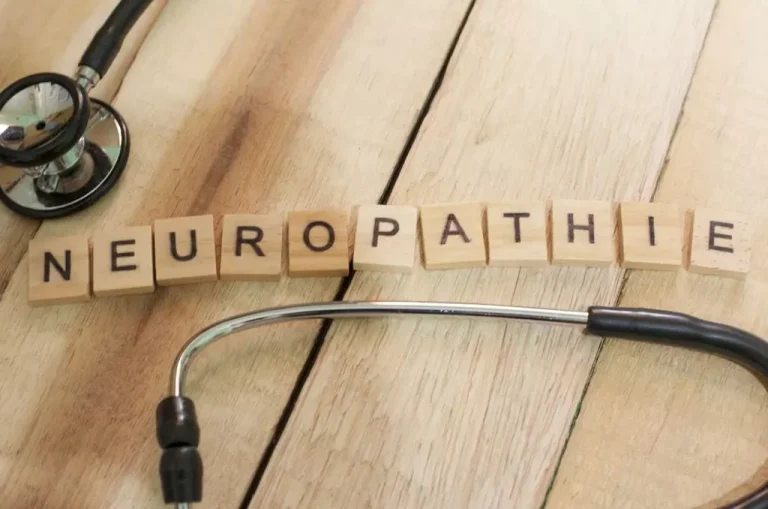
We humans have been making and drinking alcohol for thousands of years. Stoutz emphasizes the importance of hydrating before and during drinking, which can minimize how dehydrated you become. Drink plenty of plain water, an electrolyte drink or sports drink, and eat water-rich, easily digestible foods. Drinking water while you’re still drunk isn’t going to prevent you from becoming dehydrated, but it may help lessen the degree to which you’re dehydrated. Alcohol works as a diuretic largely because it suppresses the release of a hormone called vasopressin, which is also known as antidiuretic hormone.

Home Depot cuts outlook as consumers stuck in ‘deferral mindset’
- “Stronger alcohol might provoke more dehydration, but it truly has not been studied enough to know for sure,” she says, pointing to a 2017 study published in Nutrients.
- For example, one study, published in July 2021 in BMC, Medicine found that moderate consumption of any type of alcohol decreased risk of death in those with preexisting heart disease.
- Because your body has to use extra energy to break down the wine contents, your body’s core temperature may also increase.
- “Changes to thinking, coordination and memory likely will resolve by the next day,” Dr. Pathak says.
- Meanwhile, consuming 269 mg of caffeine, or about 3 cups of coffee, didn’t affect fluid balance (3, 4).
According to the CDC, drinking alcohol in moderation is safe for most people. A moderate amount equates to one glass of alcohol or less per day for females and two glasses is wine dehydrating of alcohol or less per day for males. A person who is already at risk of dehydration from one or more of the above factors should avoid or limit alcohol consumption.
Are there any specific symptoms of dehydration caused by wine?

For techie types, there are free apps that pop up with water reminders throughout the day. Whatever method works best for you, drink up and stay well hydrated. During exercise, the AAP suggests drinking about 4-8 ounces of water every 20 minutes for children 9-12, and about ounces every 20 minutes for adolescent boys and girls.
Symptoms of dehydration
Having a glass of Pinot Noir with dinner can seem like no biggie, but sometimes a hangover is your reward for your moderation anyway. Just one glass of wine can affect your body in a bunch of ways in the 24 hours after you drink it, from your sleep to your heart rate. You’ll hang on to only about half or a third of the extra water you drink.
How to rehydrate after alcohol consumption

Water is obviously the best source of fluid, but realistically, do other beverages, including alcohol, count toward your daily quota, and if so, how much? There’s been a push in recent years, especially among millennials, to cut back on alcohol. In fact, a recent poll by market research firm Morning Consult estimated that 19 percent of adults report participating in “Dry January,” in which they abstain from alcohol for the first month of the year. A small amount of caffeine may not be an issue for most people, though increasing caffeinated beverages may contribute to overall caffeine intake. The body may tolerate a moderate intake of beer without experiencing dehydration.
Water, electrolyte sports drinks, and certain herbal teas are better options to remain hydrated. Beer and cider have lower alcohol contents than other alcoholic drinks and are less dehydrating. The alcohol content of beer can vary widely but typically ranges from 2–8% alcohol by volume (ABV). A good way to limit your overall alcohol consumption, and thus limit alcohol’s dehydrating effects, is to alternate alcoholic drinks with glasses of water. According to a small study in 11 men, consuming beer with a 5% alcohol content after exercise increased urine output significantly more than consuming a sports drink did (10).
- But the type of alcohol you choose affects how dehydrated you become.
- Prevention is really the most important treatment for dehydration.
- But it’s best if these drinks are spread out over the week rather than enjoyed all in one sitting.
Diarrhea – the most common cause of dehydration and related deaths. The large intestine absorbs water from food matter, and diarrhea prevents this from happening. A sophisticated water management system keeps our water levels balanced, and our thirst mechanism tells us when we need to increase fluid intake. Juices and sports drinks are also hydrating — you can lower the sugar content by diluting them with water. Staying hydrated is as important to your health as eating, exercising, and sleeping well. It’s especially important at times when you’re more likely to lose fluids or when you need more fluid than usual, such as during an illness, pregnancy, or exercise.
- “Everyone tracks food. How often do we track our water intake?” he asks.
- This makes sense when you consider the diuretic effect of alcohol on your body and its vasopressin production.
- Efforts to reach Charlie Wagner Tuesday were not immediately successful.
- Most guidelines recommend aiming for a total fluid intake of about 11.5 cups (2.7 L) for women and 15.5 cups (3.7 L) for men, which includes water from both foods and beverages (16).
- While you can enjoy alcohol in moderation and make other lifestyle choices that will maintain your hydration, alcohol will never contribute to your hydration goal.
- So each glass of beer, wine, or spirits has about 10 grams of alcohol.
- Energy drinks may contain a combination of dehydrating ingredients.

